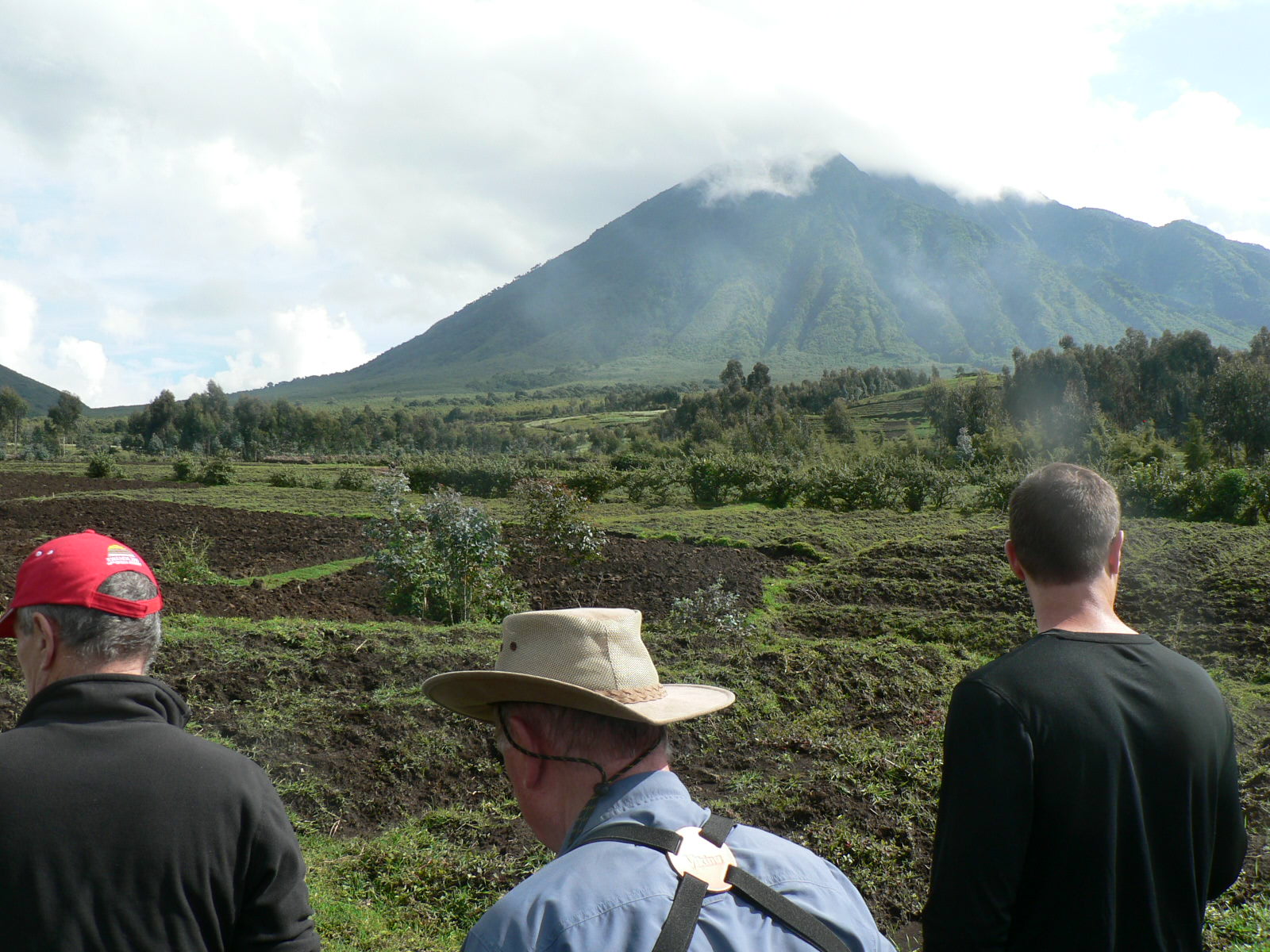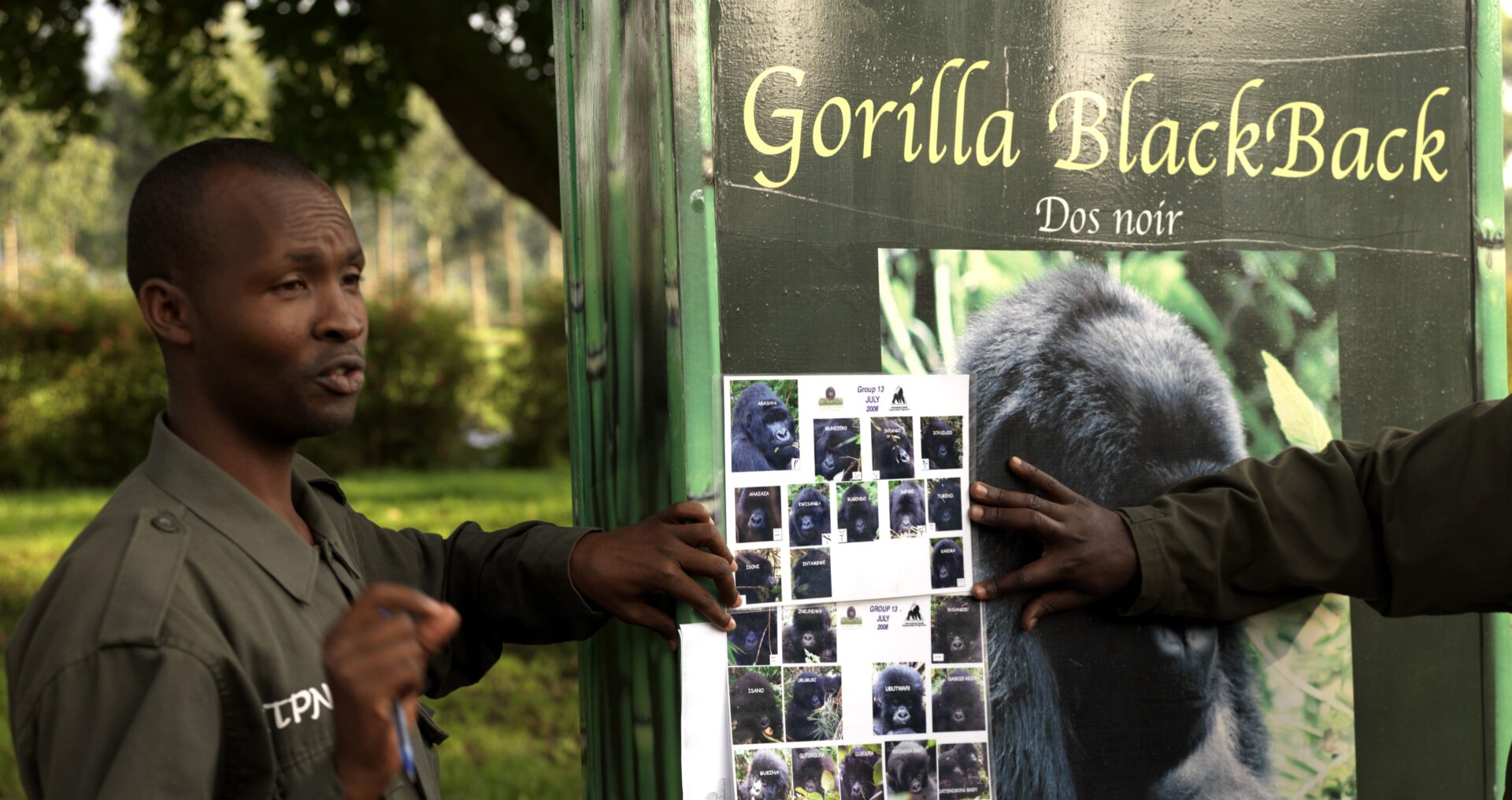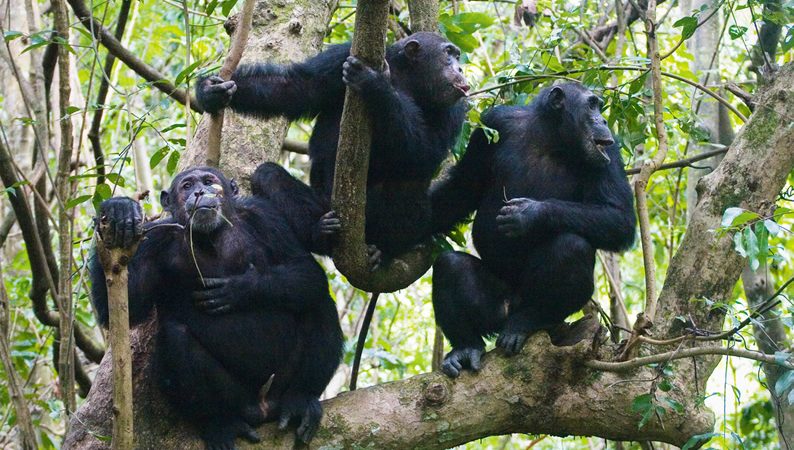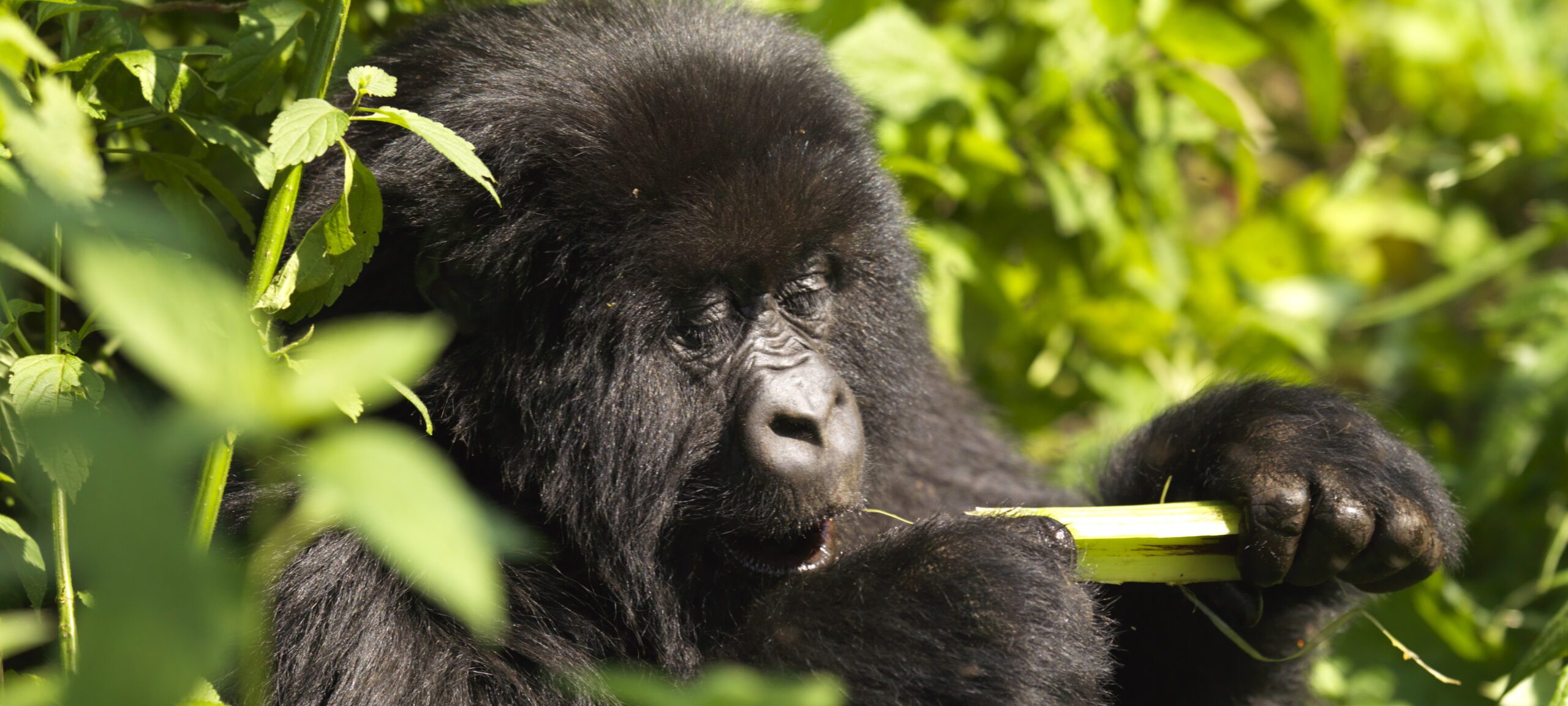Golden monkey tracking in Mgahinga

Golden Monkey Tracking in Mgahinga: An Unforgettable Safari Experience
About Mgahinga National Park
Golden monkey tracking in Mgahinga National Park is one of the most rewarding wildlife experiences in Uganda. Located in Kisoro District, the park is famous for its endangered mountain gorillas and also hosts other wildlife, including the striking golden monkey. Consequently, travelers can explore the forest and witness these unique primates in their natural habitat while supporting conservation efforts.
The tracking experience begins at 8:00 AM with a brief orientation. Afterwards, visitors head into the forest with a guide. During the trek, you will have the opportunity to observe golden monkeys’ social interactions, feeding habits, and playful behavior. Moreover, the monkeys are agile, often leaping between trees or foraging on the forest floor. For official guidelines, visit the Uganda Wildlife Authority.
Golden Monkey Facts
Golden monkeys are easy to recognize due to their striking golden-orange fur. Furthermore, observing them in the wild provides insights into their behavior and group dynamics. By supporting conservation efforts through tourism, you contribute to the long-term survival of these primates and their habitat.
Accommodation Options Near Mgahinga
When planning your golden monkey tracking in Mgahinga trip, you can choose from a range of accommodation options. Below are some suggestions to suit different budgets and preferences:
- Amajambere Iwacu Community Camp: A community-run camp offering affordable bandas and camping facilities, with views of the surrounding mountains. In addition, staying here provides a cultural experience while supporting the local community.
- Mount Gahinga Lodge: Located near the park entrance, this lodge provides luxury cottages and a restaurant. Moreover, the lodge offers stunning views of the Virunga Mountains and various amenities to enhance your stay.
- Traveler’s Rest Hotel: Situated in Kisoro town, this historic hotel offers comfortable rooms, a restaurant, and a garden area. Consequently, it is a convenient option if you prefer staying outside the park.
- Lake Mutanda Resort: An eco-lodge near Lake Mutanda featuring cottages and safari tents. Additionally, it offers activities such as canoeing and nature walks.
- Kisoro Tourist Hotel: Budget-friendly accommodation in Kisoro town with basic amenities and friendly staff. As a result, it is a practical choice for travelers on a tighter budget.
Therefore, when choosing where to stay, consider proximity to the park, amenities, budget, and whether the accommodation can help organize activities like golden monkey tracking. Furthermore, reading reviews and ratings from previous visitors can help you make an informed decision.
Golden Monkey Tracking Permit Costs
Golden monkey tracking permits are priced as follows (subject to change):
- $100 for foreign non-residents
- $30 for foreign residents
- UGX 20,000 for East African residents (Uganda, Rwanda, Kenya, Tanzania, Burundi)
These fees cover only golden monkey tracking. However, other activities, such as gorilla trekking, require separate permits. Therefore, it is advisable to secure your permit in advance, especially during peak seasons. You can contact the UWA or a reputable tour operator to arrange your permit and trek.
Best Time to Visit
The dry seasons—December to February and June to September—are the ideal times for golden monkey tracking in Mgahinga. During these months, trails are easier to navigate, and clear skies enhance wildlife viewing and photography.
Nevertheless, golden monkey tracking is possible year-round, though trails can be muddy during the rainy seasons. In addition, the shoulder months (March to May, October to November) may offer fewer crowds and lower accommodation rates. Consequently, consulting guides and park authorities can provide the most accurate information on monkey movements and trail conditions.
What to Pack for Golden Monkey Tracking
Prepare carefully to ensure comfort and safety during your trek. The following items are essential:
- Sturdy hiking boots with ankle support
- Lightweight, breathable clothing; long sleeves and pants for protection
- Waterproof jacket or rain poncho
- Hat and UV-protection sunglasses
- Insect repellent
- Snacks and sufficient water
- Camera and binoculars
- Backpack or daypack
- Sunscreen and lip balm
- Basic first aid kit
Moreover, pack light and avoid unnecessary items. Additionally, check with the Uganda Wildlife Authority (UWA) or your tour operator for any specific recommendations before your trek.



